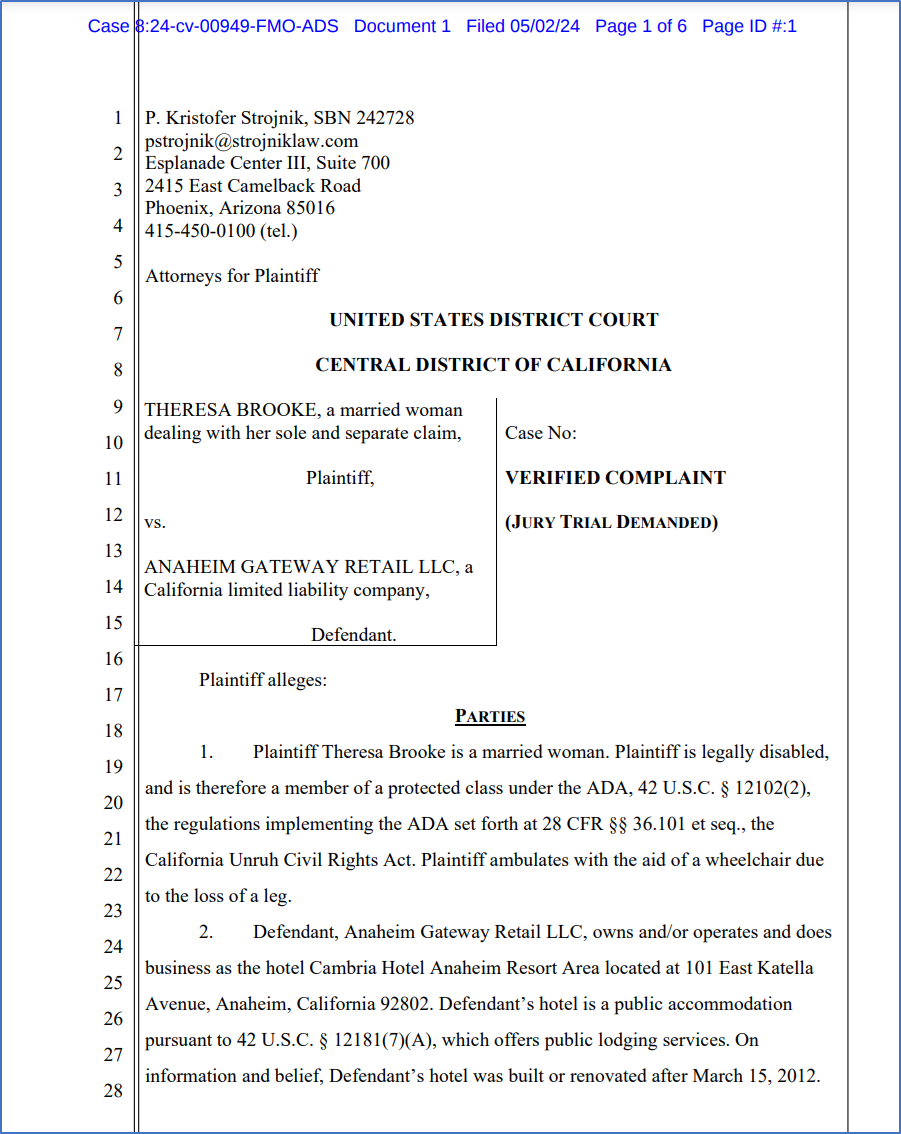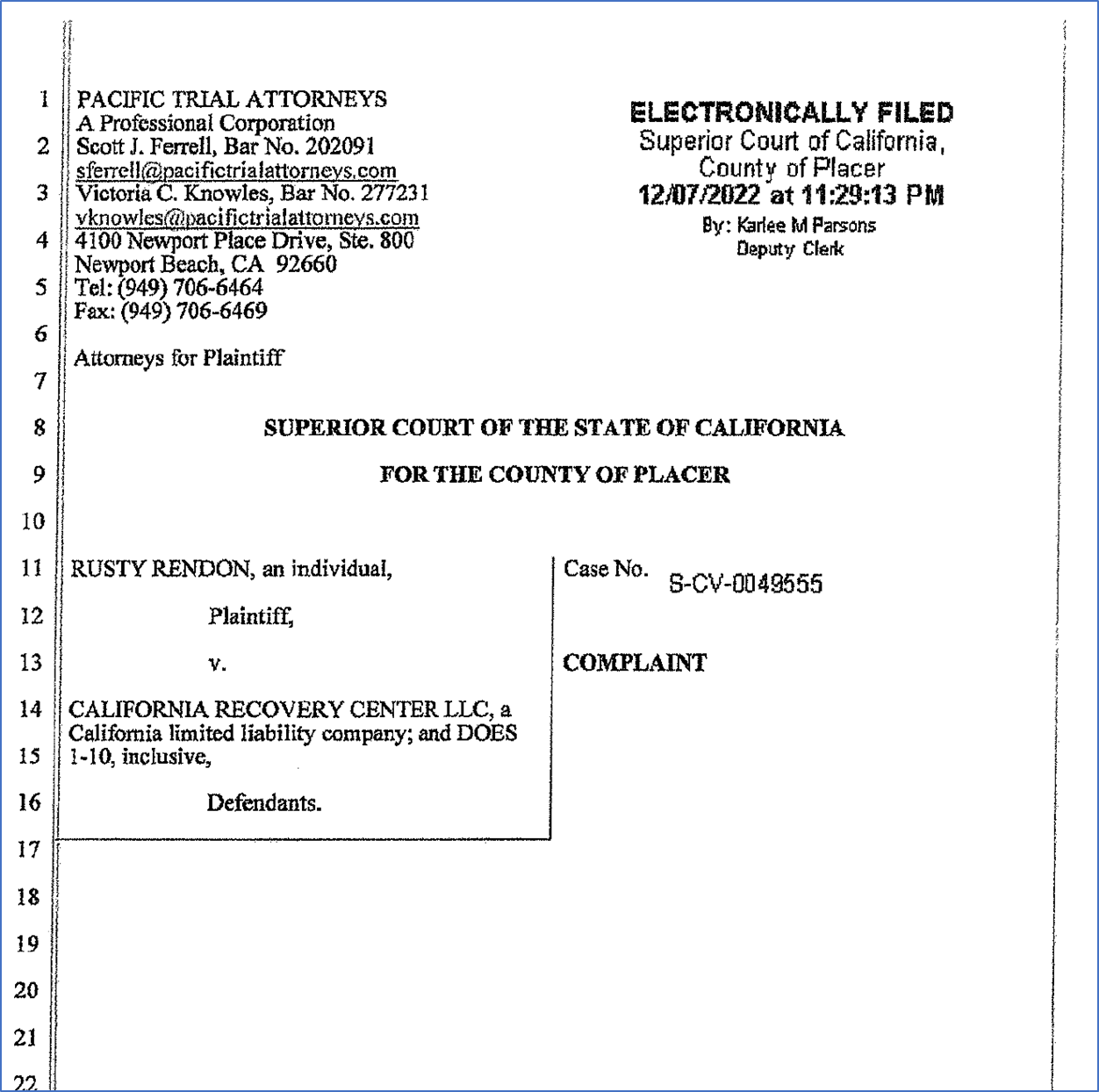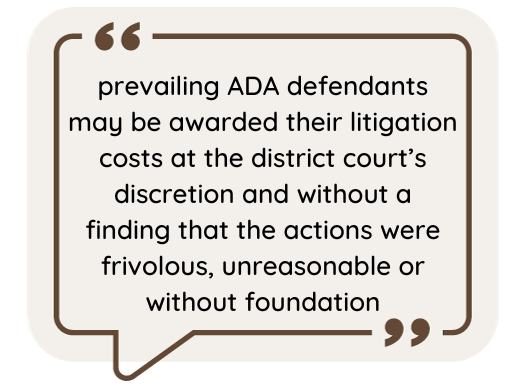Peter Strojnik (AKA P. Kristofer Strojnik) is an attorney based out of Phoenix, Arizona who files many accessibility lawsuits on behalf of his client, Theresa Brooke. According to publicly filed litigation documents, the office is located on East Camelback Road in Phoenix. Peter Strojnik has years of experience filing these types of cases against businesses and landlords regarding alleged violations of the California Unruh Civil Rights Act and Americans with Disabilities Act (ADA).
Each lawsuit generally includes a summons as a cover page informing you that you have been sued and must respond. It also contains the “VERIFIED COMPLAINT” with “Jury Trial Demanded,” which generally looks something like this:

The complaints usually state in the first paragraph that “Plaintiff Theresa Brooke is a married woman. Plaintiff is legally disabled, and is therefore a member of a protected class under the ADA.”
It might further state under the “Allegations” section that “Plaintiff alleges that Defendant’s hotel does not have a compliant access aisle at the passenger loading zone adjacent to the hotel lobby in violation of Sections 209 and 503 of the 2010 Standards.”
There are specific accessibility requirements applicable to most businesses and places open to the public as outlined in the ADA and California law. These are provided in detail within the 2010 ADA Standards published by the Department of Justice (DOJ). A passenger loading zone is not always required under the ADA. Where passenger loading zones are provided, at least one accessible passenger loading zone is required in every continuous 100 linear feet of loading zone or fraction thereof. Compliance is required only where areas are specifically designed or designated for passenger loading, such as those at airports, many hotels, and convention centers. But it’s important to note that not all areas designated for a brief stop constitute passenger loading zones. There are specific measurements and details applicable when accessible passenger loading zones are required. Continue ›
 ADA Compliance and Defense Blog
ADA Compliance and Defense Blog





